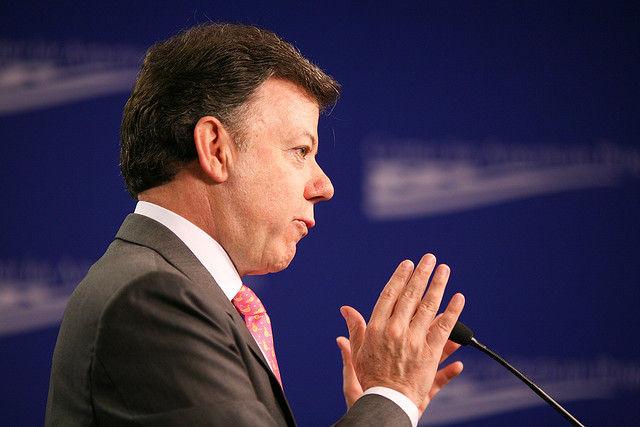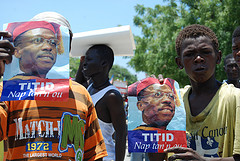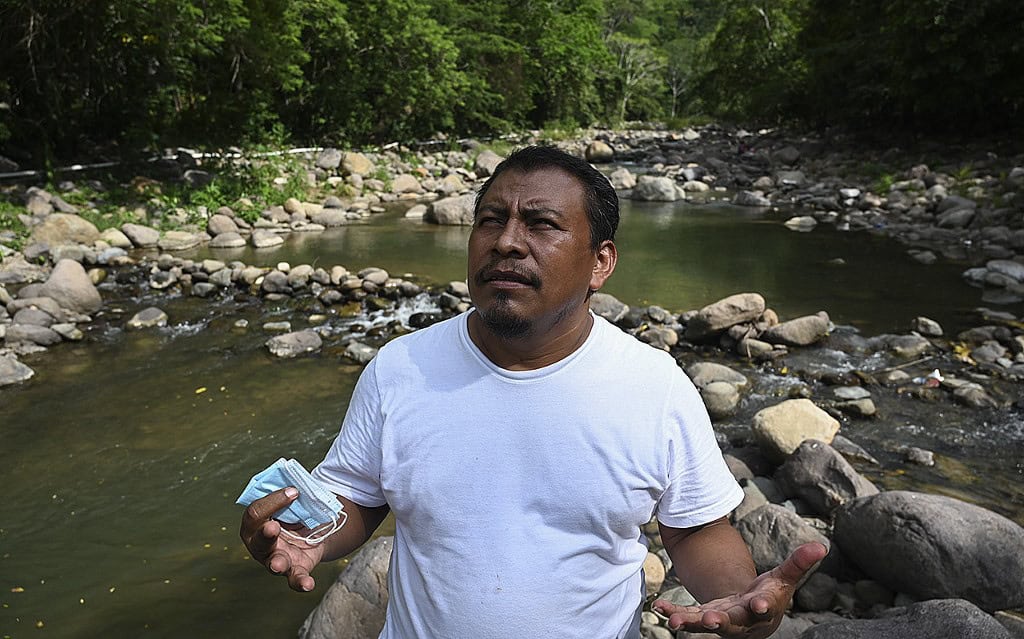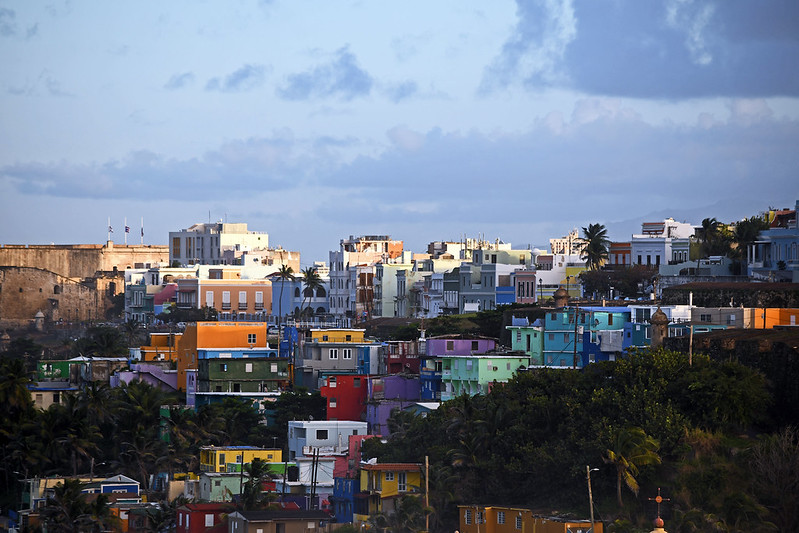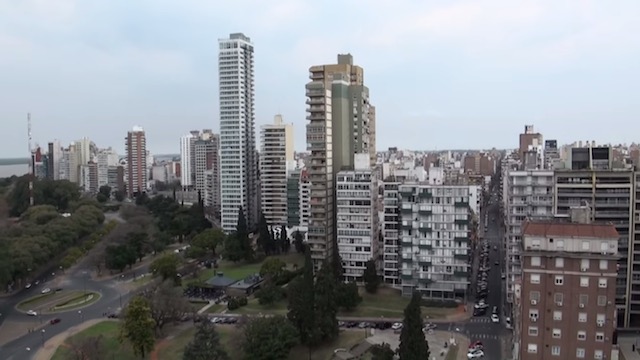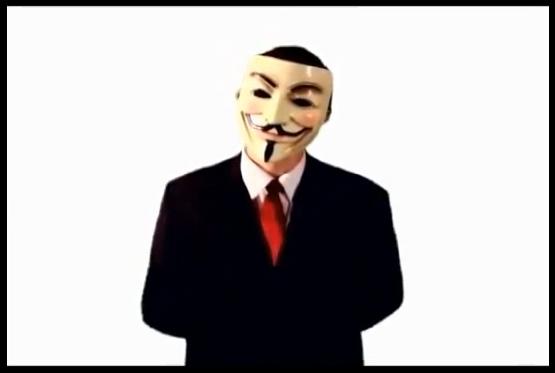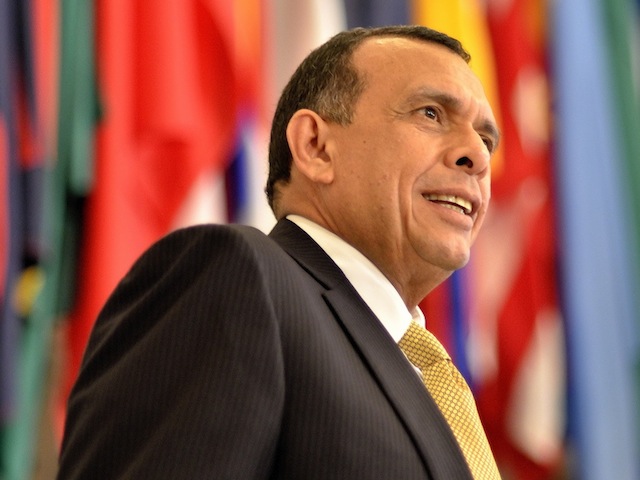
Honduras, Latin America: Week in Review
Honduras Sends Hundreds Of Soldiers To The Street In Operation Lightning
November 2, 2011 By Staff
Today in Latin America
Top Story — The Honduran government sent hundreds of soldiers to the streets of the country’s main cities on Tuesday to combat criminal violence. Honduran President Lobo said the purpose of the mission, known as “Operation Lightning,” is to “guarantee the presence of the authorities in the most conflict-ridden areas.” The decision comes just a day after Lobo fired his top police commanders, after four officers accused of murdering two students were released and then went into hiding. Honduras — a major transit point for South American cocaine headed north — now has the world’s highest murder rate with 82 per 100,000 inhabitants, according to the United Nations.
Headlines from the Western Hemisphere
North America
- Mexican authorities found eight bodies in a remote area of the state of Veracruz Tuesday.
- The government of Mexico City is studying a plan to introduce temporary marriage licenses that would allow couples to decide whether to split up after two years or renew the license for life.
- The Mexican army says soldiers have seized two catapults used by drug smugglers to fling packages of marijuana across the border into Arizona.
- Arizona Gov. Jan Brewer appeared on MSNBC Tuesday, where she defended her state’s strict immigration law on the day her memoir, Scorpions for Breakfast, was released.
Caribbean
- Jamaica’s farmers are experimenting with greenhouse technology to reduce the high cost of food imports.
- China’s “Peace Ark” naval ship is touring the Caribbean on a “harmonious mission,” as part of a global campaign by Beijing to portray the country’s military in a positive light.
- Rising global demand and short supply are giving Haiti’s depressed coffee industry a kick.
Central America
- The Committee to Protect Journalists called upon the Guatemalan authorities to investigate threats against newspaper columnist Lucía Escobar, who fled the city of Panajachel Friday after accusing members of a local security committee of orchestrating the forced disappearance of one of the town’s residents.
- Americas Quarterly reports on the Guatemalan government’s formal apology to the family of ex-President Juan Jacobo Arbenz, who was overthrown in 1954.
- Costa Rica’s Vice Minister of Foreign Relations Carlos Roverssi asked the international community to support the fight against drug crime in Central America, saying that if left unchecked it threatened to undermine his country’s democracy.
Andes
- Colombian Defense Minister Juan Carlos Pinzón reported that seven FARC rebels were killed and three captured in operations across the country during Sunday’s elections.
- Venezuelan politician Leopoldo López became the first candidate to sign up to challenge Venezuelan President Hugo Chávez in next year’s presidential elections.
- Nearly 11 million Venezuelans, or a third of the country’s population, have applied for a government subsidized housing program launched by Hugo Chávez to address Venezuela’s housing shortage.
Southern Cone
- A bomb exploded outside the offices of Chilean newspaper La Tercera on Tuesday morning, but no injuries were reported.
- More than a hundred Uruguayans have filed lawsuits after Uruguay’s congress lifted a 1986 amnesty law last week that prevented the prosecution of military officials for human rights violations committed during the dictatorship.
- The Paraguayan government announced Tuesday that the country’s current outbreak of foot-and-mouth disease in cattle was caused by a faulty vaccine designed to protect livestock from contracting the disease.
- Former Brazilian President Lula da Silva was discharged Tuesday from the Sirio-Libanes Hospital in São Paulo after his first round of chemotherapy for larynx cancer.
Subscribe to Today in Latin America by Email
< Previous Article
